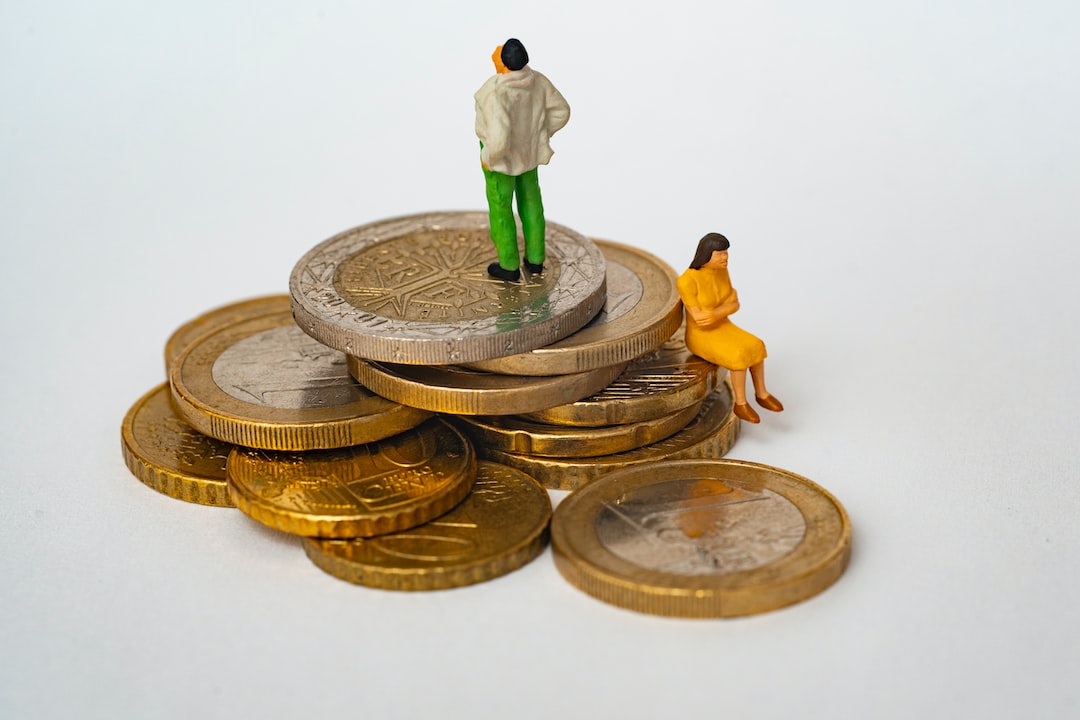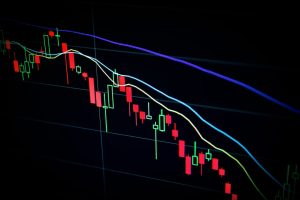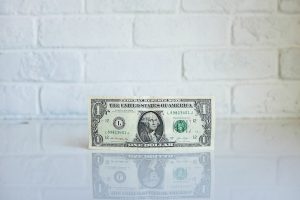The foreign exchange market, commonly known as forex, is the largest financial market in the world. According to the Bank for International Settlements (BIS), the average daily turnover in the forex market was $6.6 trillion in April 2019. Despite its size, the forex market is not controlled by a single entity or organization. Instead, it is a decentralized market where various players, including governments, central banks, commercial banks, hedge funds, and retail traders, participate.
Central Banks
Central banks play a critical role in the forex market. They are responsible for setting monetary policy and maintaining currency stability. Central banks achieve these objectives through a range of measures, including adjusting interest rates, intervening in the currency markets, and managing foreign exchange reserves. Central banks also use their influence to influence the forex market. For example, if a central bank signals its intention to raise interest rates, it can cause the currency to appreciate.
Governments
Governments also have an impact on the forex market. They can influence the market through their economic policies and regulations. For example, if a government introduces trade barriers, it can cause the currency to depreciate. Similarly, if a government introduces policies that promote economic growth, it can cause the currency to appreciate. Governments can also intervene in the forex market directly, typically through their central banks.
Commercial Banks
Commercial banks are significant players in the forex market. They provide liquidity to the market by buying and selling currencies on behalf of their clients. Commercial banks also engage in proprietary trading, where they trade currencies for their own account. They use their market knowledge and expertise to make profits from the forex market. Commercial banks also act as intermediaries between retail traders and the forex market. They offer services such as currency conversion, hedging, and foreign exchange payments.
Hedge Funds
Hedge funds are another significant player in the forex market. They are private investment funds that use a range of strategies to generate returns for their investors. Hedge funds can trade currencies directly or through derivatives such as options, futures, and swaps. They can also use leverage to amplify their returns. Hedge funds often have access to sophisticated trading platforms and tools, which give them an edge in the forex market.
Retail Traders
Retail traders are individual traders who participate in the forex market. They typically trade through online platforms provided by brokers. Retail traders can trade currencies directly or through derivatives such as contracts for difference (CFDs). They can also use leverage to amplify their returns. Retail traders are often attracted to the forex market due to its 24-hour availability, high liquidity, and potential for high returns. However, retail traders also face significant risks, including market volatility and leverage-induced losses.
Conclusion
In conclusion, the forex market is a decentralized market where various players participate. Central banks, governments, commercial banks, hedge funds, and retail traders all have an impact on the forex market. However, none of these players can control the forex market entirely. The market is influenced by a range of factors, including economic data, geopolitical events, and market sentiment. As a result, the forex market is highly dynamic and unpredictable, making it a challenging but potentially rewarding market to trade.






